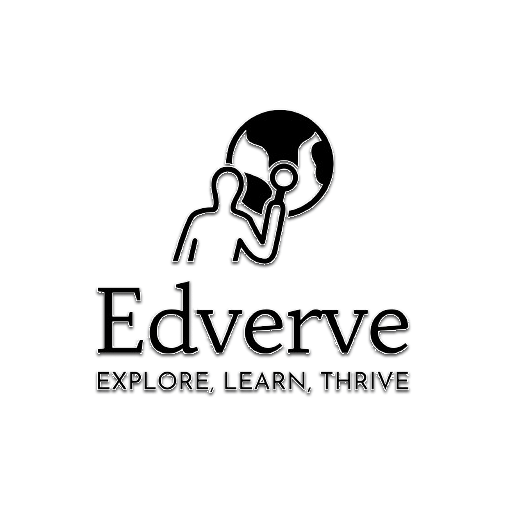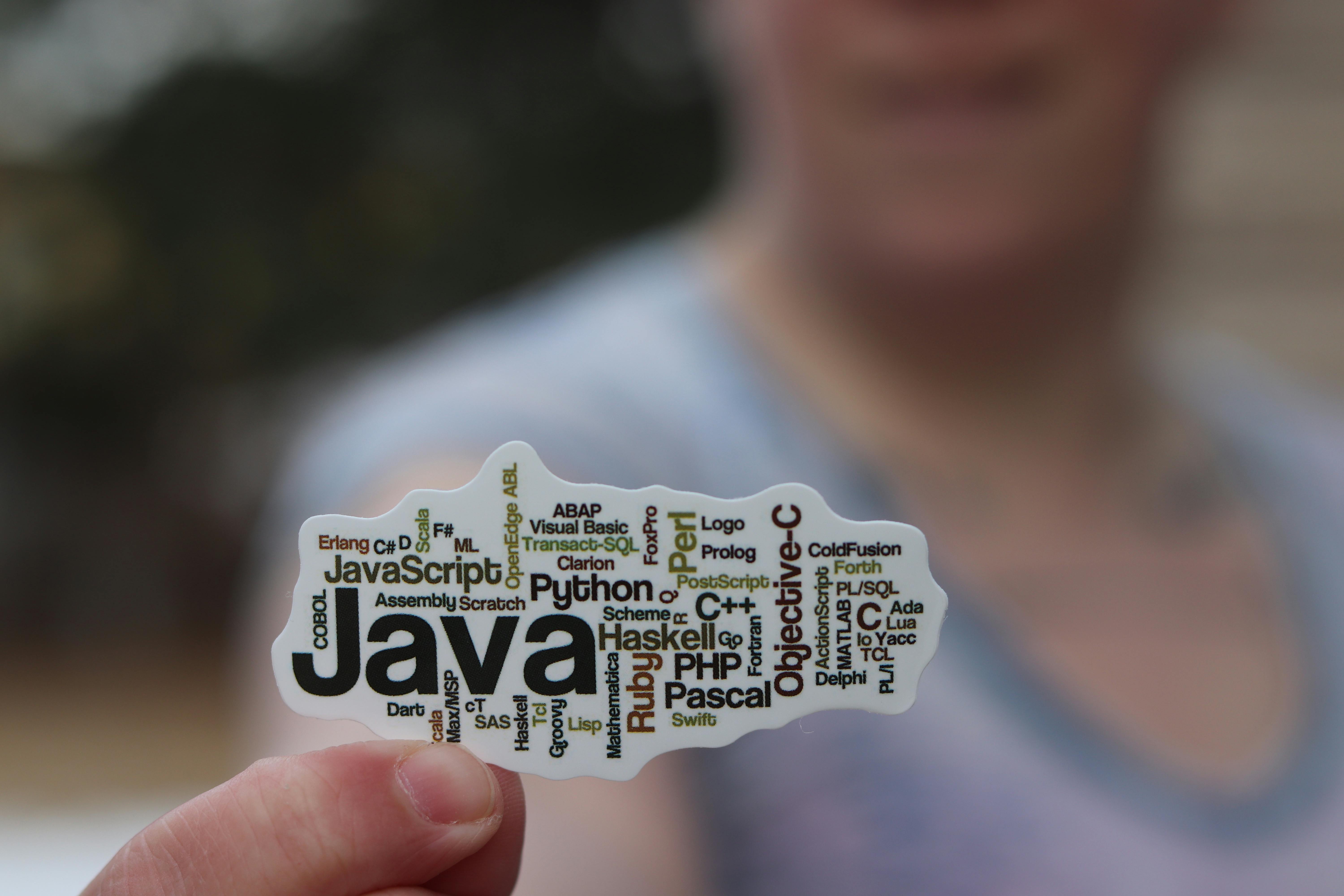

Core Java, often referred to as "vanilla Java," forms the foundation of Java programming. It encompasses the fundamental concepts and features of the Java language, serving as a prerequisite for advanced Java development. Core Java covers topics such as syntax, data types, control structures, object-oriented programming (OOP) principles, and exception handling. By mastering core Java, developers gain a solid understanding of the language's syntax and semantics, enabling them to build robust and scalable Java applications. Additionally, core Java proficiency is highly valued in the software industry, opening doors to various career opportunities in software development, enterprise application development, and more. Whether you're a beginner looking to embark on your programming journey or an experienced developer seeking to enhance your Java skills, mastering core Java is an essential step towards becoming a proficient Java developer.
To get started with learning core Java, you'll need:
- A computer (desktop or laptop) with internet access.
- Java Development Kit (JDK): Install the latest version of JDK, which includes the Java Runtime Environment (JRE) and development tools such as the Java compiler (javac) and Java Virtual Machine (JVM).
- Integrated Development Environment (IDE): Choose an IDE for writing, compiling, and debugging Java code. Popular options include Eclipse, IntelliJ IDEA, and NetBeans.
- Text Editor: Alternatively, you can use a text editor such as Visual Studio Code, Sublime Text, or Atom paired with the JDK for writing Java code.
- Basic understanding of programming concepts: While not mandatory, familiarity with fundamental programming concepts like variables, data types, control structures, and object-oriented programming principles will facilitate the learning process.
- Online resources and tutorials: Utilize online resources, tutorials, and documentation to supplement your learning and gain a deeper understanding of core Java concepts.
- Practice exercises and projects: Reinforce your learning by practicing coding exercises and working on small projects to apply your knowledge and improve your skills.
By meeting these requirements and dedicating time and effort to learning core Java, you'll be well-equipped to embark on your journey to becoming a proficient Java developer.
Versatility: Core Java is a versatile programming language widely used in enterprise application development, Android app development, web development, and more. By mastering Core Java, you gain skills that are applicable in a wide range of career paths.
In-Demand Skill: Core Java is highly sought-after in the job market, especially for roles in software development, system architecture, and enterprise solutions. Many companies actively seek professionals with Core Java proficiency due to its widespread use in industry-standard applications.
Career Opportunities: With expertise in Core Java, you unlock numerous career opportunities across diverse sectors. You can work in technology companies, financial institutions, consulting firms, and government agencies, among others.
Salary Potential: Core Java developers often command competitive salaries due to the demand for their expertise. As you advance your Core Java skills and gain experience, you can expect to earn higher salaries and enjoy better job security in the tech industry.
Problem-Solving Skills: Learning Core Java enhances your problem-solving and analytical abilities. You'll develop the skills to design efficient algorithms, optimize code performance, and troubleshoot complex software issues, contributing to your effectiveness as a software developer.
Professional Development: Continuously improving your Core Java skills through projects, certifications, and hands-on experience can lead to ongoing professional growth. You'll stay updated with the latest industry trends, expand your expertise, and advance your career prospects.
Certainly! "Yes, you can enroll in individual courses without committing to a full program. Explore our diverse course offerings today!"
You can enroll in individual courses without committing to the entire Specialization.
Refund policies vary; typically, refunds are available within a specified timeframe after enrollment, subject to certain conditions.
Prerequisites vary by course. Some require specific knowledge, while others are suitable for beginners. Check individual course descriptions for details.
Course order requirements vary. Some allow flexibility, while others have a recommended sequence. Check individual course descriptions for guidance.
Our Python course offers hands-on learning through practical projects that reinforce theoretical concepts and foster creativity. By working on projects such as web scraping applications, data analysis projects, web development with Django, machine learning models, and GUI applications, you'll gain valuable experience, reinforce your learning, and develop a portfolio of projects to showcase your skills to potential employers or clients.
